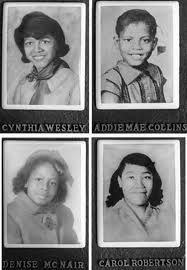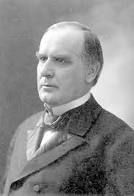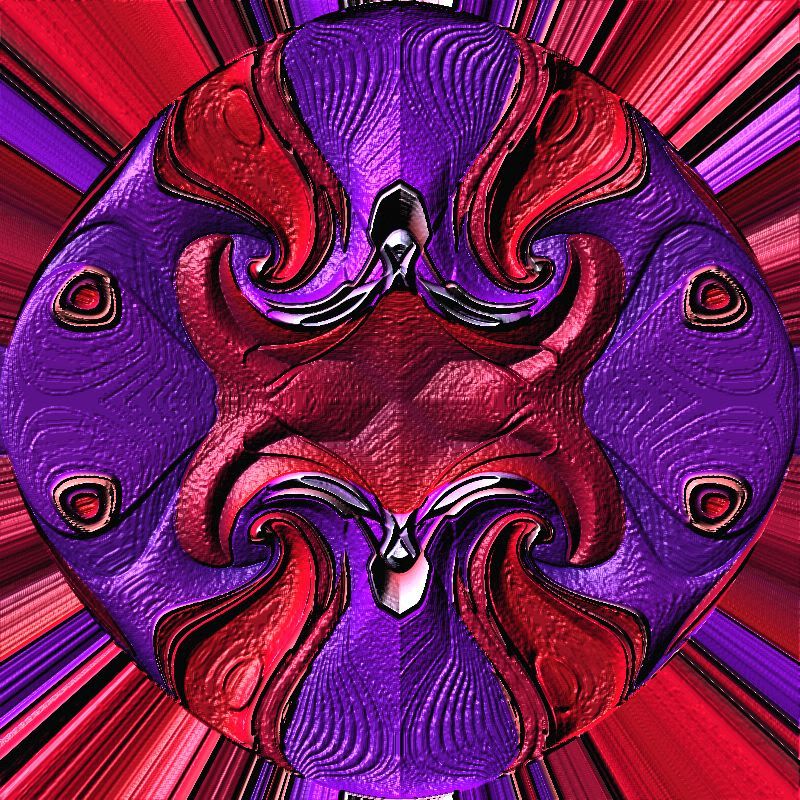Cross posted
The attacks on US and Western embassies expanded today to nearly 20 countries in the Middle East, North Africa, and some Muslim countries in South East Asia. Angered over a irreverent You Tube video that insulted the founder of Islam, the Prophet Mohammed, angry protesters stormed American, Germany and British embassies and consulates.
At least two protesters are dead and several dozen injured when protesters stormed the US embassy in Tunis, Tunisia:
Several dozen protesters briefly stormed the U.S. Embassy compound in Tunisia’s capital, tearing down the American flag and raising a flag with the Muslim profession of faith on it as part of the protests. Protesters also set fire to an American school adjacent to the embassy compound and prevented firefighters from approaching it. The school appeared to be empty and no injuries were reported.
Earlier, several thousand demonstrators had gathered outside the U.S. Embassy, including stone-throwing protesters who clashed with police, according to an Associated Press reporter on the scene. Police responded with gunshots and tear gas. Police and protesters held running battles in the streets of Tunis. Amid the unrest, youths set fire to cars in the embassy parking lot and pillaged businesses nearby.
The state news agency TAP, citing the health ministry, said both of those killed were demonstrators, while the injured included protesters and police.
In Sudan, the German and British embassies were targeted along with the American embassy in Khartoum:
Police in the Sudanese capital fired tear gas to try to disperse 5,000 protesters who had ringed the German embassy and nearby British mission. A Reuters witness said police stood by as a crowd forced its way into Germany’s mission.
Demonstrators hoisted a black Islamic flag saying in white letters “there is no God but God and Mohammed is his prophet”. They smashed windows, cameras and furniture in the building and then started a fire.
Staff at Germany’s embassy were safe “for the moment”, Foreign Minister Guido Westerwelle said in Berlin. He also told Khartoum’s envoy to Berlin that Sudan must protect diplomatic missions on its soil.
Witnesses said police fired tear gas at thousands of protesters to stop them approaching the U.S. embassy outside Khartoum.
In the Yemen capital of Sanaa, four protesters have been killed in demonstrations and a US Marine contingent, similar to ones being sent to Egypt and Libya, has been dispatched:
Twenty-four security force members were reported injured, as were 11 protesters, according to Yemen’s Defense Ministry, security officials and eyewitnesses.
Protesters and witnesses said one protester was critically injured when police fired on them as they tried to disperse the angry crowd.
The protests in Sanaa are the latest to roil the Middle East over the online release of the film produced in the United States.
As evening came, the number of protesters dwindled and tensions began to ease, after a day in which demonstrators breached a security wall and stormed the embassy amid escalating anti-American sentiment.
No embassy personnel were harmed, U.S. officials said.
Reports that the attack in Benghazi, Libya may not have been related to the protests over the anti-Islamic video:
BENGHAZI, Libya – A Libyan security guard who said he was at the U.S. consulate here when it was attacked Tuesday night has provided new evidence that the assault on the compound that left four Americans dead, including the U.S. ambassador to Libya, was a planned attack by armed Islamists and not the outgrowth of a protest over an online video that mocks Islam and its founder, the Prophet Muhammad.
The guard, interviewed Thursday in the hospital where he is being treated for five shrapnel wounds in one leg and two bullet wounds in the other, said that the consulate area was quiet – “there wasn’t a single ant outside,” he said – until about 9:35 p.m., when as many as 125 armed men descended on the compound from all directions.
The men lobbed grenades into the compound, wounding the guard and knocking him to the ground, then stormed through the facility’s main gate, shouting “God is great” and moving to one of the many villas that make up the consulate compound. He said there had been no warning that an attack was imminent.
“Wouldn’t you expect if there were protesters outside that the Americans would leave?” the guard said.
h/t to David Dayen at FDL News Desk
Meanwhile, oil prices which climbed after the Federal Reserve announced it’s stimulus plan, rose even more due to the instability in the region.
There is obviously something radically wrong with American and Western foreign policy towards the Middle East. President Obama’s policies in the region are no different that past presidents over the last 100 years. The US has lost much of its stature in the region with it heavy handed reliance on military force to resolve problems in the Middle and Near East since September 11 and expansion of it drone attacks on alleged terrorist targets. The US needs to completely reassess these policies and take into consideration the culture and economic needs of the region.
On this day in 1932, in his cell at Yerovda Jail near Bombay, Mohandas Karamchand Gandhi begins a hunger strike in protest of the British government’s decision to separate India’s electoral system by caste.A leader in the Indian campaign for home rule, Gandhi worked all his life to spread his own brand of passive resistance across India and the world. By 1920, his concept of Satyagraha (or “insistence upon truth”) had made Gandhi an enormously influential figure for millions of followers. Jailed by the British government from 1922-24, he withdrew from political action for a time during the 1920s but in 1930 returned with a new civil disobedience campaign. This landed Gandhi in prison again, but only briefly, as the British made concessions to his demands and invited him to represent the Indian National Congress Party at a round-table conference in London.


 A body of a transwoman found on Labor Day in the Frankford neighborhood in northeast Philadelphia with a gunshot wound to the head has been identified as
A body of a transwoman found on Labor Day in the Frankford neighborhood in northeast Philadelphia with a gunshot wound to the head has been identified as 
